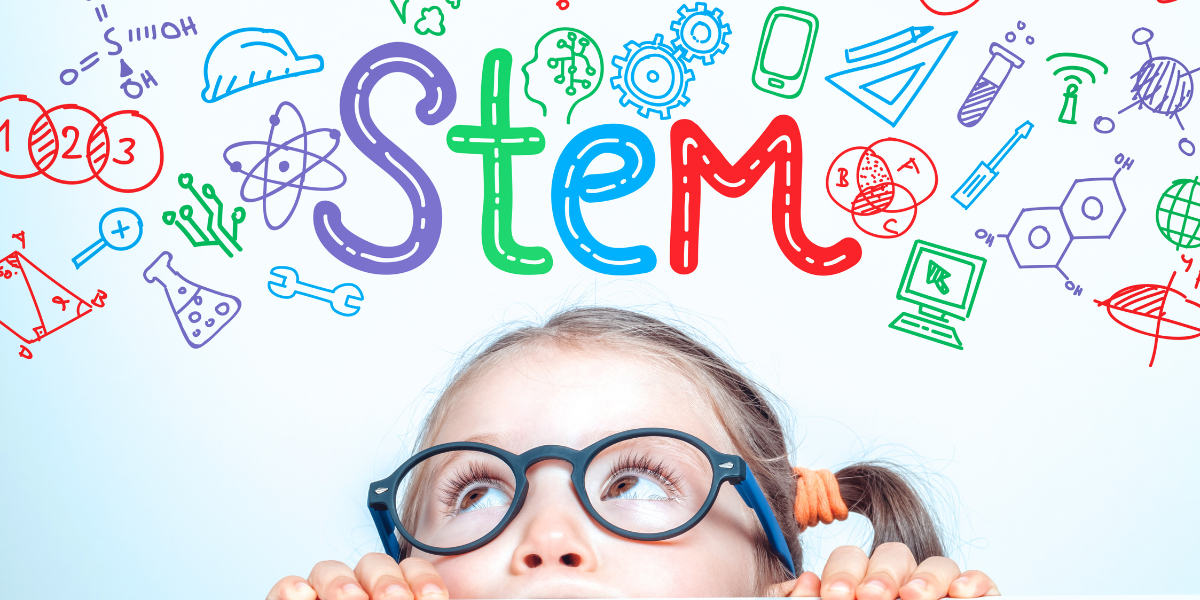
Science and math have long been part of school curriculums, but many parents ask, “What is STEM?” and wonder about its real-world benefits for their children.
STEM, which stands for science, technology, engineering, and math, is an educational approach designed to prepare students for the challenges of the modern workforce.
This guide explores STEM meaning, its importance, and how it can shape your child’s future.
What Does STEM Stand For?
The term STEM may be one that you have heard before. In fact, educators and leaders often talk about the importance of STEM education for the next generation.
But what is STEM?
As mentioned before, STEM is the acronym for science, technology, engineering, and math. According to the U.S. Bureau of Labor, STEM covers a considerable number of jobs, with the majority paying above the national average. Also, cornerstone STEM industries like computer science and engineering are experiencing rapid growth with no decline expected.
STEM education also teaches students an analytical approach to their work. At Engineering For Kids, students use the engineering design process as a guide. It involves designing, testing, and redesigning their work, if necessary.
The approach benefits not only STEM projects but any other life situation.
What Are the Benefits of STEM Education?
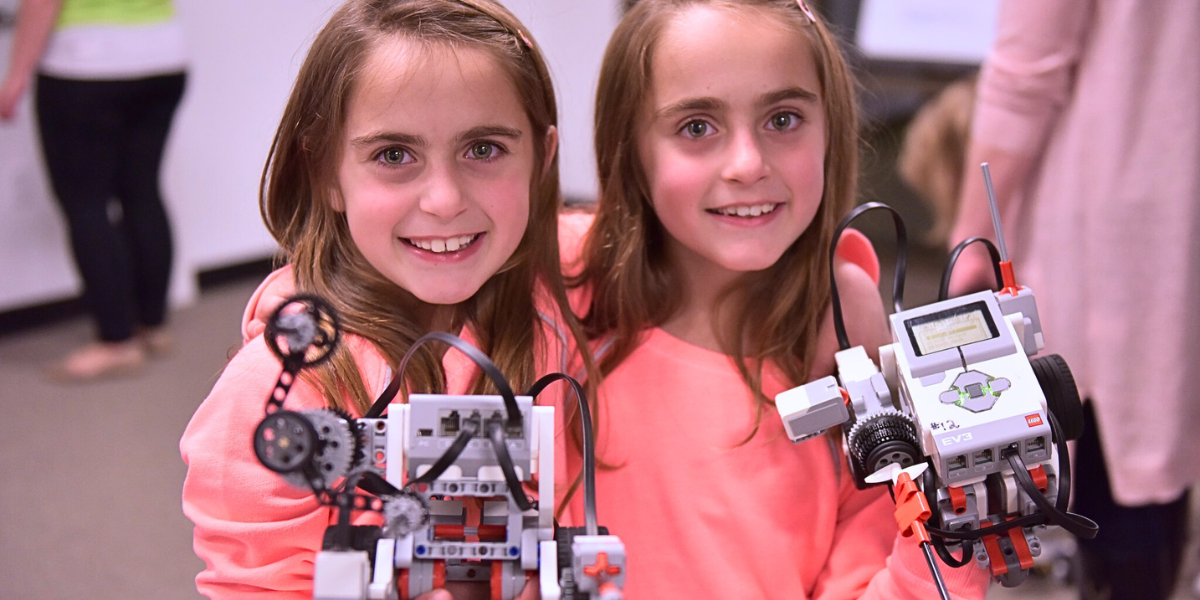
STEM studies offer several advantages that extend beyond academics. Here’s how it can help children succeed:
1. Develop Critical Thinking and Problem-Solving Skills
Learning STEM subjects allows students to see problems in different ways which, in turn, helps them become better problem solvers.
Through STEM, they learn a systematic way of approaching challenges, then students can better analyze an issue and develop a solution.
2. Cultivate Curiosity
Students in STEM education will be encouraged to ask questions like ‘why’ or ‘how’. They must discover the answer using their STEM skills.
They will explore and use their imagination to find the answers to their questions, which often leads to more questions and discoveries. This helps engage students deeper and gets them more invested in their education.
3. Cognitive Growth
STEM learning equips students the ability to think through problems and challenges, improving their cognitive capabilities.
One study found that cognition improved as students worked through STEM processes. This finding demonstrates that STEM education can lead to more meaningful learning for students.

4. Improved Research Skills
With STEM instruction, students are encouraged to think carefully and seek facts and data in their problem-solving efforts.
Instructors teach students how to research to find answers and support their projects. These skills can transfer over to other areas of their lives. Which will help them navigate any decisions and challenges they may face.
5. Building Collaboration
Group STEM projects teach teamwork, leadership, and communication—primary skills for both school and work.
There are three main ways STEM students advance their communication skills:
- Students learn to discuss ideas
- Giving and receiving constructive feedback is promoted
- Students learn to actively listen to others in the group
6. Expanding Technical Knowledge
Many of today’s students are fairly knowledgeable about technology; however, STEM education helps students see technology as a tool for problem-solving.
What’s more, it teaches kids to use technology in different ways. Uses include:
- Building robots
- Designing apps
- Coding
- Engineering principles
The beauty of STEM is students may also come into contact with new technologies they have never experienced. Understanding more about tech’s capability helps them adapt to an ever-changing, tech-reliant world.
What Are Some Great STEM Careers?
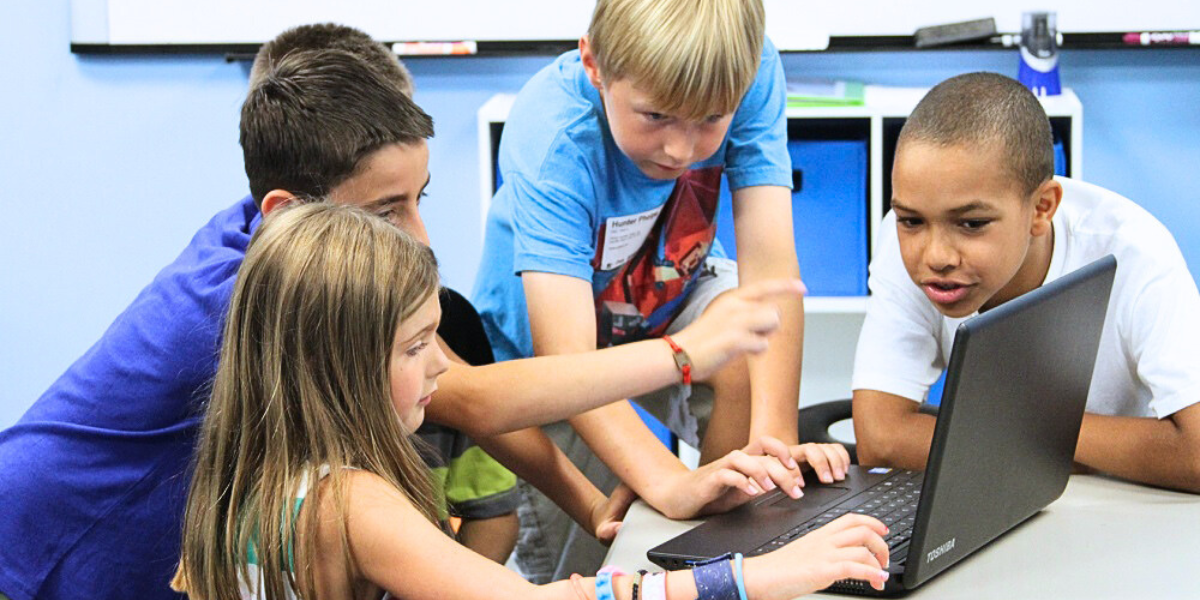
STEM studies open the door to a variety of lucrative and exciting careers. Here are some fantastic options:
- Computer Science
From coding to app development, this field equips students with the skills to thrive in the tech industry. - Engineering Degree Programs
Careers in civil, mechanical, or software engineering are not only rewarding but also pivotal in shaping our world. - Automation Engineering
With industries increasingly relying on automation, this role involves designing and testing automated systems. - Medical Careers
Doctors and healthcare professionals rely on STEM for diagnostics, patient care, and even medical device innovation.
Where Can My Child Learn Stem: Stem Centers and Programs
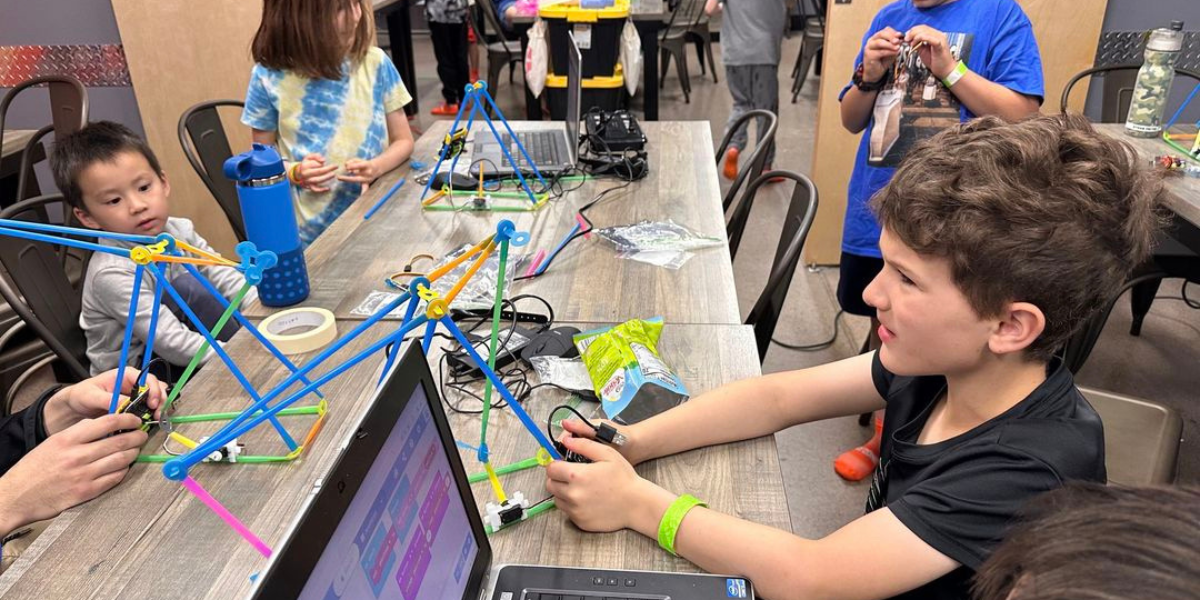
STEM programs and STEM centers both inspire kids to explore science, technology, engineering, and math, but they serve different purposes.
- STEM programs are integrated into school curriculums. Teachers use these programs to make lessons more engaging with hands-on activities like coding challenges or science experiments that spark curiosity and creativity.
- STEM centers, like Engineering For Kids, offer opportunities outside of school. These after-school programs or classes allow children to explore STEM topics like robotics, engineering, or coding in a fun and immersive environment. Kids might build robots to navigate a Martian landscape or experiment with static electricity while applying the engineering design process.
Both options nurture problem-solving skills, innovation, and a love for learning, helping kids build essential STEM knowledge for the future.
What Is the Difference Between STEM and STEAM Learning?
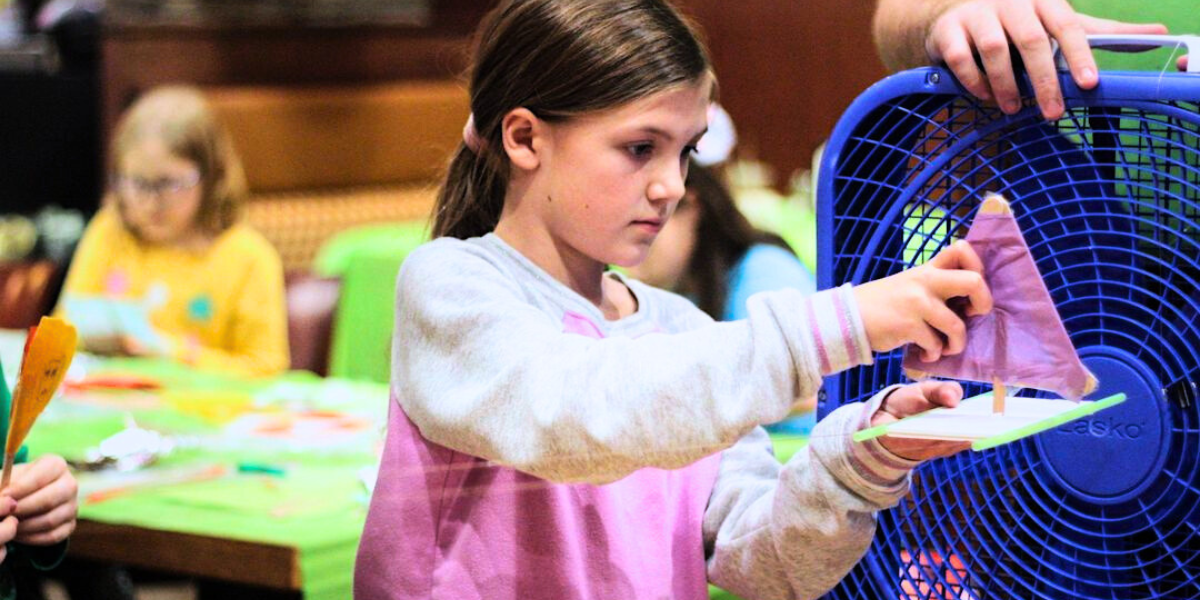
Educators have long emphasized STEM subjects for students. For one, these careers offer stability and high paychecks. Also, growth in STEM areas has also outpaced annual employment growth for nearly a decade. However, STEAM (science, technology, engineering, arts, and math) learning has been on the rise
The main difference between STEM and STEAM learning is their approach to scientific concepts:
- STEM is the classic approach to solving scientific problems. It teaches hard skills in order to find solutions. With STEM, imagine engineering designs and science experiments done over hundreds of years and can be proven through repetition and replication. For example, an engineer uses hard mathematical skills to build a functioning, safe bridge.
- With STEAM learning, students study science, engineering, technology, and math, with the addition of the arts into that mix. As mentioned above, an engineer designing at bridge might also consider aesthetic elements.
How Engineering For Kids Encourages STEM Learning in Students
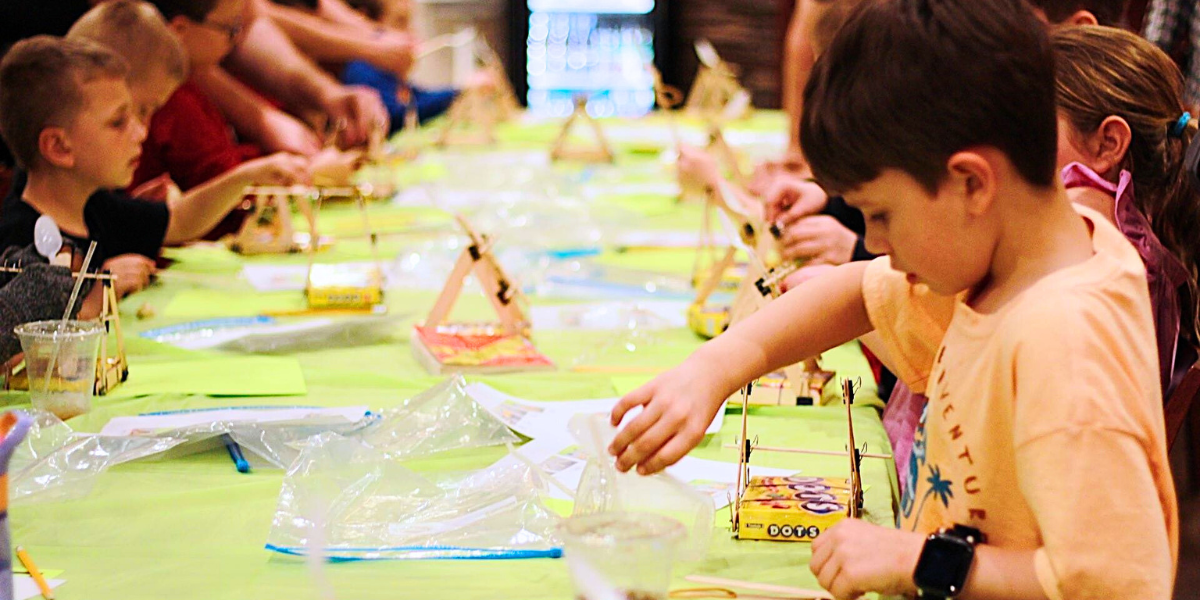
Now that you understand what STEM is, you can see why it is so important. It can help kids in their lives, school, and future careers. At Engineering For Kids, we introduce students to STEM with engaging and fun programs. They will continue to develop their STEM understanding with every project and activity.
With our after-school programs and summer camps, students can go beyond classroom learning. Here, they can also cultivate their creativity and career opportunities.
Find Engineering For Kids locations today. Help inspire the next generation of engineers!




